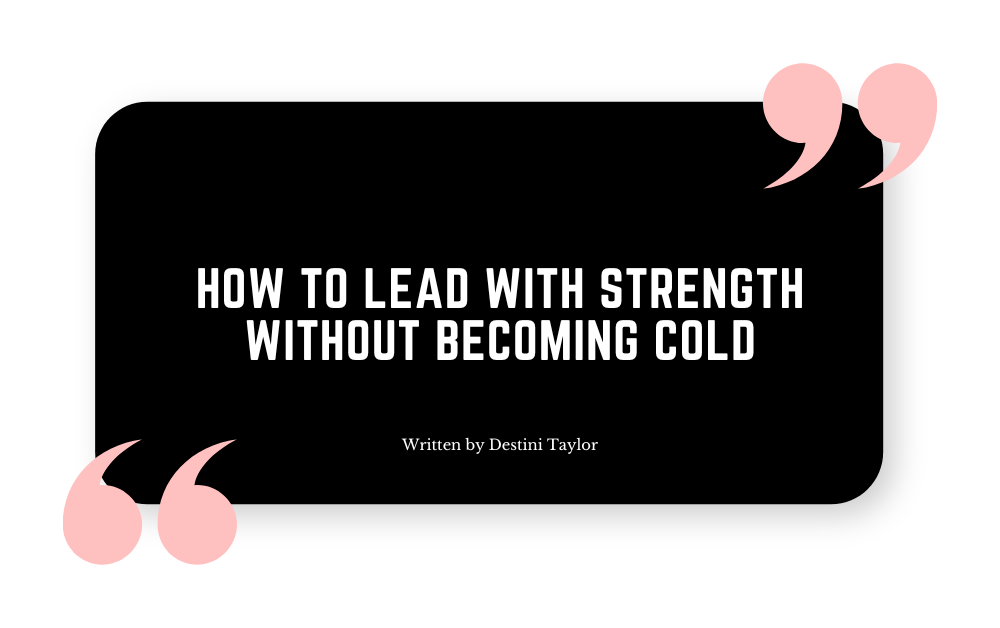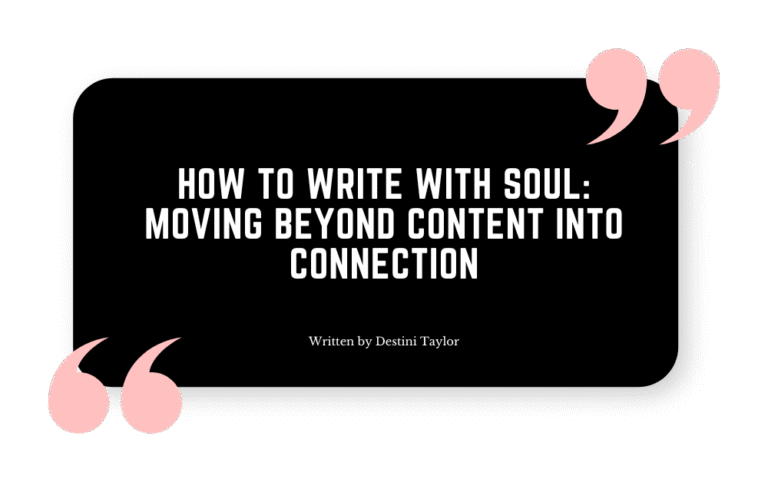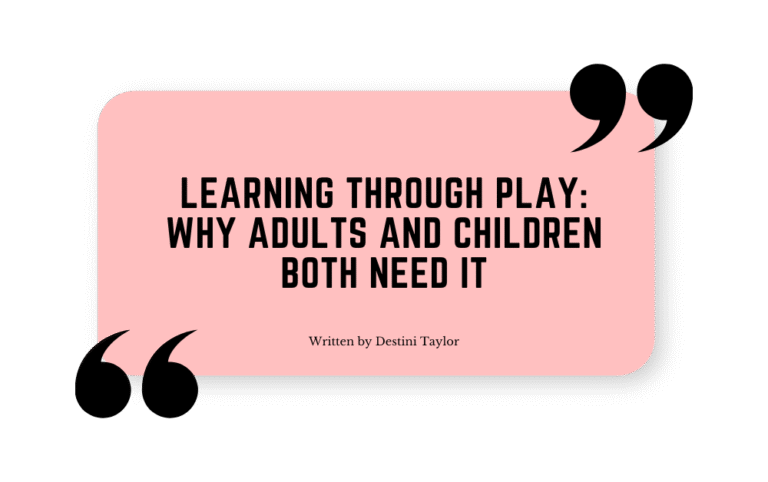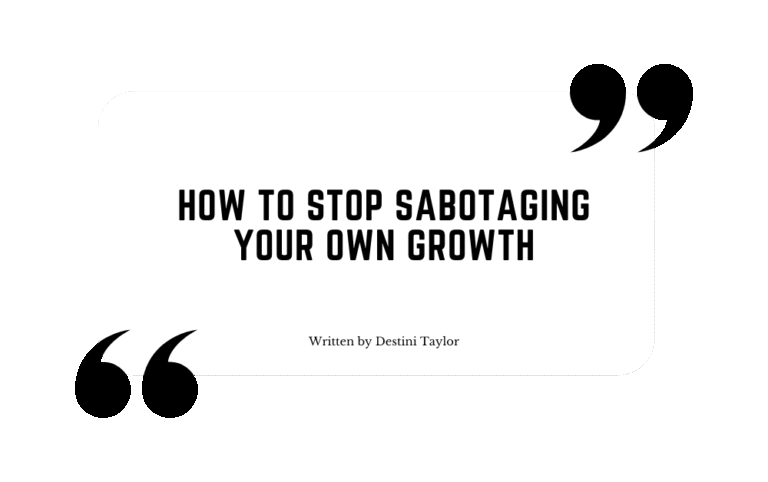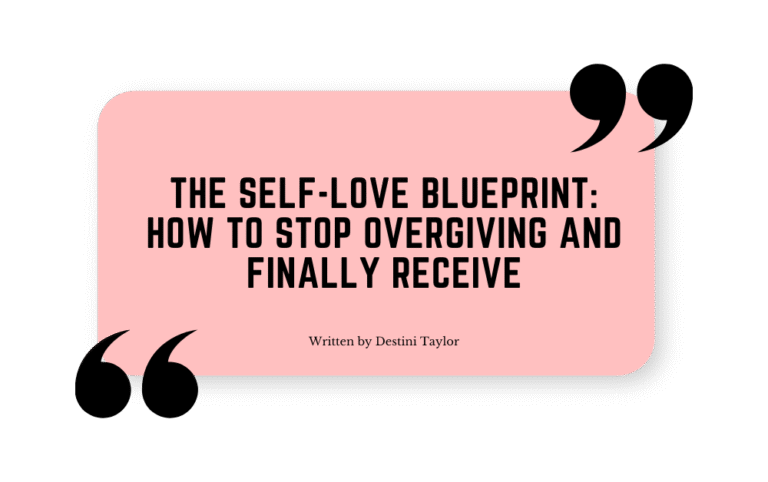The art of leading with authority while keeping your humanity intact.
The Weight of Strength in a Cold World
Leadership today often feels like walking a tightrope. On one side is strength—the ability to set direction, hold ground, and stand firm in the face of pressure. On the other side is warmth—the humanity that makes others feel safe, seen, and valued. Too often, men are taught that they cannot have both. They’re told to either harden and be respected or soften and be overlooked.
But true leadership isn’t about sacrificing one for the other—it’s about embodying both.
Consider three moments men know well:
- At work. You speak up in a meeting with clarity and confidence, only to be labeled “too aggressive” while your silence would’ve been mistaken for weakness.
- In love. You try to set boundaries with compassion, but she reads them as detachment. Suddenly, your strength feels like distance.
- At home. You carry the weight for everyone, but when you ask for a moment of rest, they think you’re shutting them out.
These are not failures of character. They are symptoms of a culture that misunderstands masculine presence. The world often mistakes authority for coldness and kindness for weakness. The truth is that real strength requires softness too.
Why Strength Often Turns to Coldness
The reason many men slip into coldness isn’t because they lack heart—it’s because they’ve been taught that showing it will cost them respect.
- Performance Pressure. From an early age, men are told to lead without faltering. Strength becomes a mask, not a state of being.
- Emotional Misinterpretation. Vulnerability is often misread as fragility. So instead of risking misunderstanding, men retreat behind silence or stoicism.
- Relational Burnout. When you give and give without being poured into, eventually you grow numb. Coldness becomes survival.
As He Asked. I Answered reminds men: “You weren’t born to be a performance piece. You’re not here to entertain or endure—you’re here to live. Authentically. Boldly. As yourself.” Strength without softness hardens into a wall. But strength with presence becomes a bridge.
He Asked. I Answered (Digital) offers raw answers to the questions men are often too tired—or too silenced—to ask. It is proof that leading with strength does not mean losing your soul.
The Real Problem: A Culture That Confuses Presence with Power
We live in a culture that rewards performance, not presence. Men are valued when they produce, provide, or protect—but rarely when they simply are.
This creates a paradox:
- If you lead with authority, you risk being seen as distant.
- If you lead with empathy, you risk being dismissed as weak.
The truth is that neither stereotype holds up. Strength isn’t the absence of emotion. Coldness isn’t the price of leadership. The real danger lies in believing that love and leadership cannot coexist.
As the She Didn’t Ask. I Did. journal reveals: “This is your space now. Not to perform, but to be. To tell the truth you never had time to say out loud. To lay your armor down—without losing your strength.”
That line captures the essence of the problem: men aren’t given enough space to be fully human. They are asked to lead, but not allowed to feel. They are told to stay strong, but not told how to stay soft.
Reframing Strength: What It Really Means to Lead
To break free from the false choice between strength and coldness, we must redefine what strength actually is.
Strength is not:
- A refusal to bend.
- A mask of indifference.
- A wall that keeps everyone out.
Strength is:
- The courage to tell the truth even when it shakes your voice.
- The wisdom to protect your peace without closing your heart.
- The presence to stay rooted, even when misunderstood.
In From Me to You, men are reminded: “You never had to break to prove you were strong. You just had to breathe and finally be you.” Strength is not a performance—it’s a practice of presence.
When you begin to see strength this way, leadership transforms. You’re no longer trying to be hard enough to survive—you’re learning to be whole enough to thrive.
How to Lead With Strength Without Becoming Cold
Here are seven steps that make strength both unshakable and humane:
1. Lead From Truth, Not Fear
Fear hardens. Truth liberates. When you lead from fear—of failure, rejection, or misunderstanding—you lean toward control. But truth invites clarity. Leading with honesty, even when uncomfortable, allows you to stay strong without shutting down.
2. Protect Your Peace Without Punishing Others
Boundaries are not walls—they’re gates. Coldness locks people out; strength sets healthy limits while keeping compassion intact. Protect your energy, but do it without punishing those you love.
3. Value Softness as a Strength
Softness is not the opposite of strength—it’s the amplifier of it. The men who are remembered as the strongest are rarely those who were hardest; they’re those who led with both conviction and care.
4. Redefine Authority as Service
Authority is often mistaken for domination. True authority is stewardship. Leadership that serves, rather than controls, creates loyalty without fear.
5. Refuse to Perform Strength
Strength is not about always having the answer or the last word. It’s about presence. When you stop performing, you allow others to see that strength includes humanity, not just hardness.
6. Make Space for Your Own Healing
Unhealed wounds often masquerade as coldness. The more you silence your pain, the more it bleeds into how you lead. Healing isn’t weakness—it’s preparation.
7. Stay Rooted in Humanity
When leadership makes you forget your own humanity, coldness creeps in. When you lead from your soul, others feel both your authority and your warmth.
This balance is exactly what the I Speak Life Into Men: Journal Edition was created for—a space to explore your own truth, honor your emotions, and lead from clarity, not suppression.
The Vision: A Generation of Strong but Gentle Leaders
Imagine a generation of men who lead with both firmness and tenderness. Fathers who raise children with authority but never withdraw affection. Partners who protect without controlling. Leaders who command respect not because they are feared, but because they are trusted.
Coldness is not a prerequisite for respect. In fact, it erodes it. People follow leaders they feel safe with, not leaders they tiptoe around.
The vision is not to raise men who lead with iron fists, but men who carry both iron and velvet—firm in principle, soft in presence. That balance is the mark of true leadership.
And that vision starts with you. Every time you choose to be present instead of distant, to be soft without surrendering strength, you show the world another way to be a man.
When you remember that strength is not the opposite of tenderness, you begin to embody the kind of leadership that doesn’t just demand respect—it inspires it.
Your Pain, My Presence (Digital) honors men who stayed strong without closing their hearts. It is proof that your leadership matters most when it is rooted in presence.
Closing: Strength That Stays Human
The world does not need colder men. It needs warmer leaders. Strength without humanity becomes tyranny; humanity without strength becomes fragility. But when the two converge, they create the kind of leadership that endures.
You are not required to harden to be respected. You are not required to go numb to be effective. You can lead with strength that does not strip you of your humanity.
The balance is not impossible—it is essential. And it is the kind of leadership you were born to embody.
Resources
If this message resonated, here are three SEEN works created to help men lead with strength that heals, not hardens:
- He Asked. I Answered (Digital) — Real questions from men answered with presence and clarity.
- I Speak Life Into Men: Journal Edition — A sacred journal space to explore truth, healing, and authentic leadership.
- Your Pain, My Presence (Digital) — Letters of honor for men who stayed strong without losing their heart.
Start Here: Poetry, Healing & Transformation

